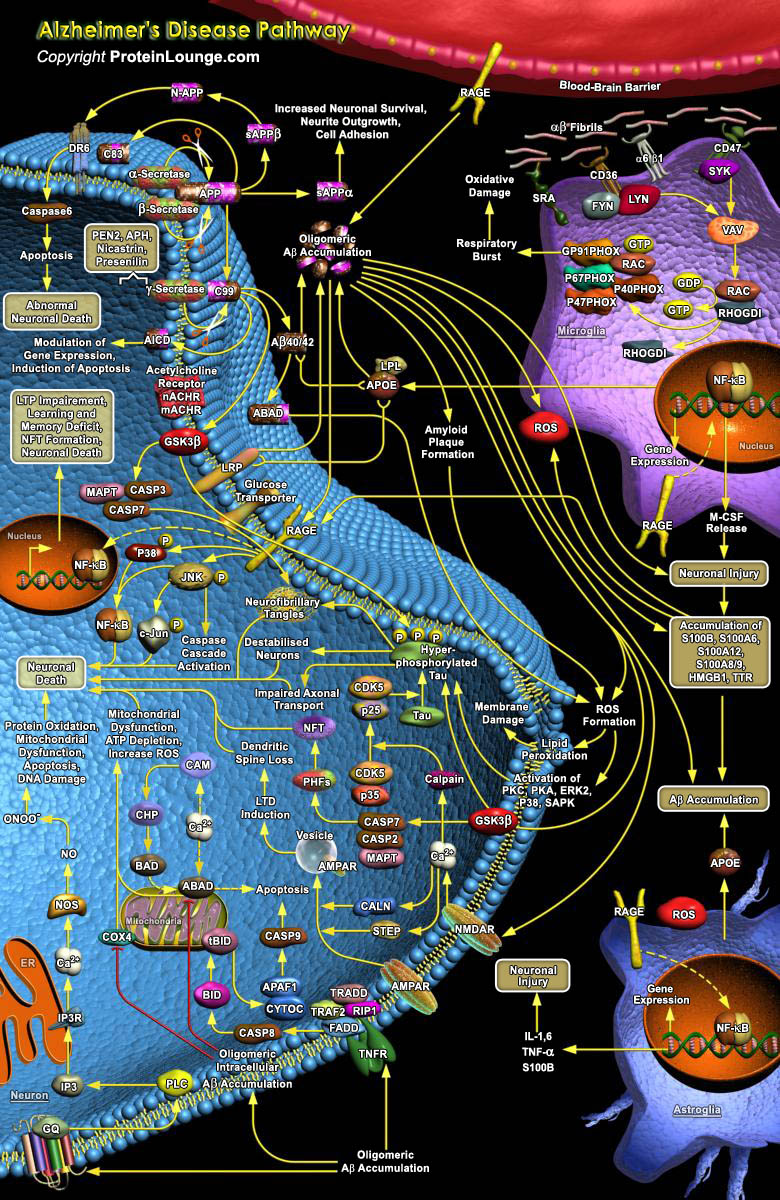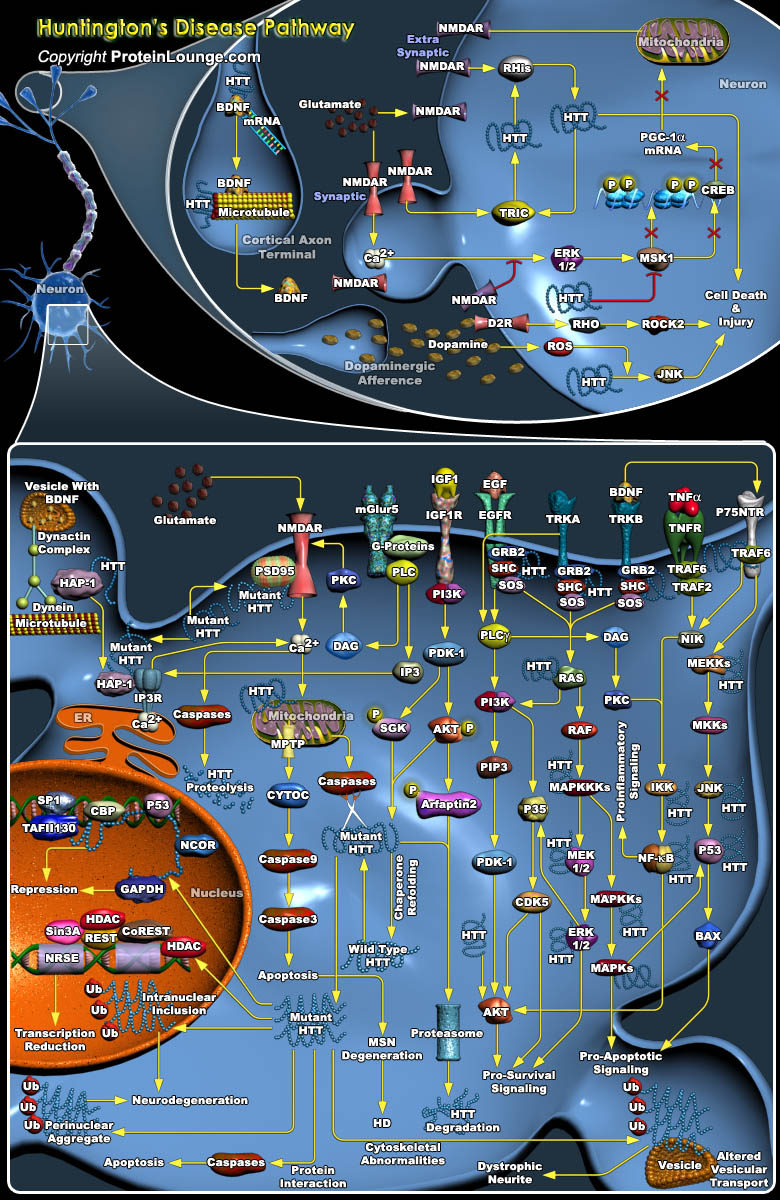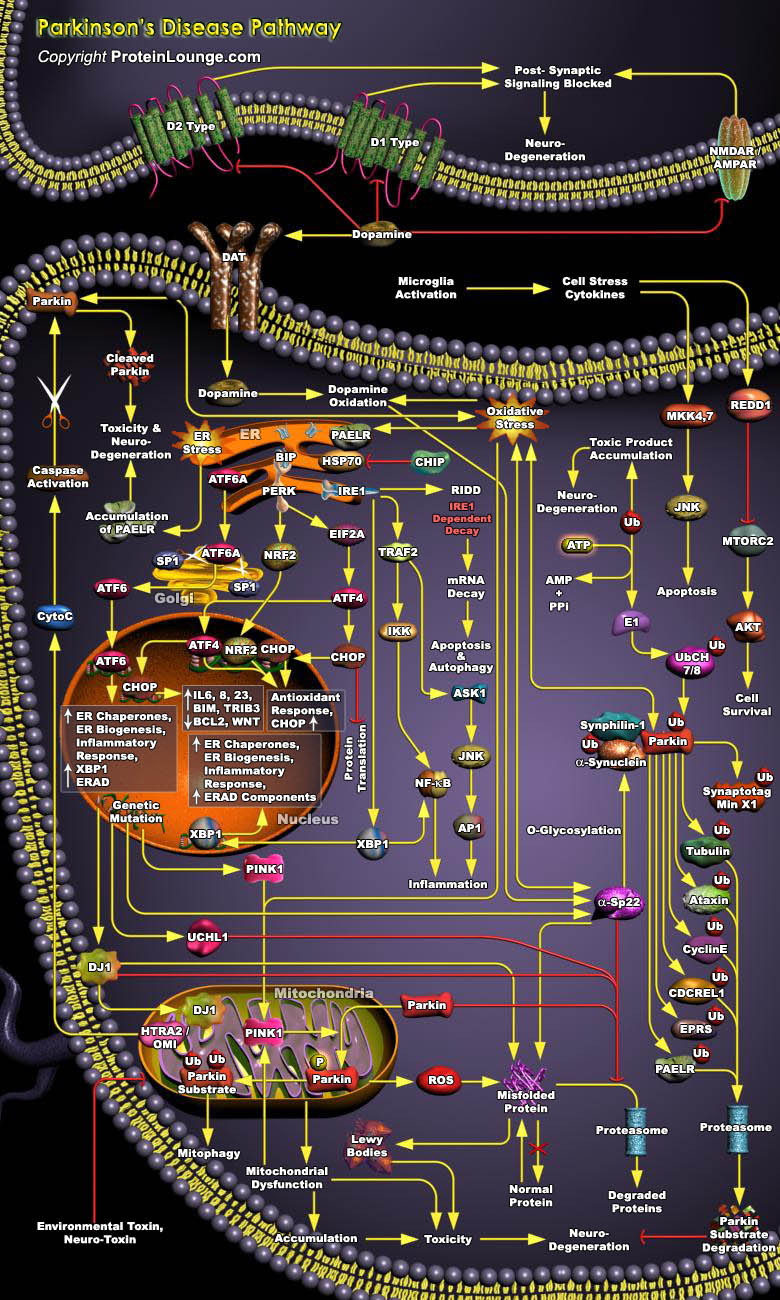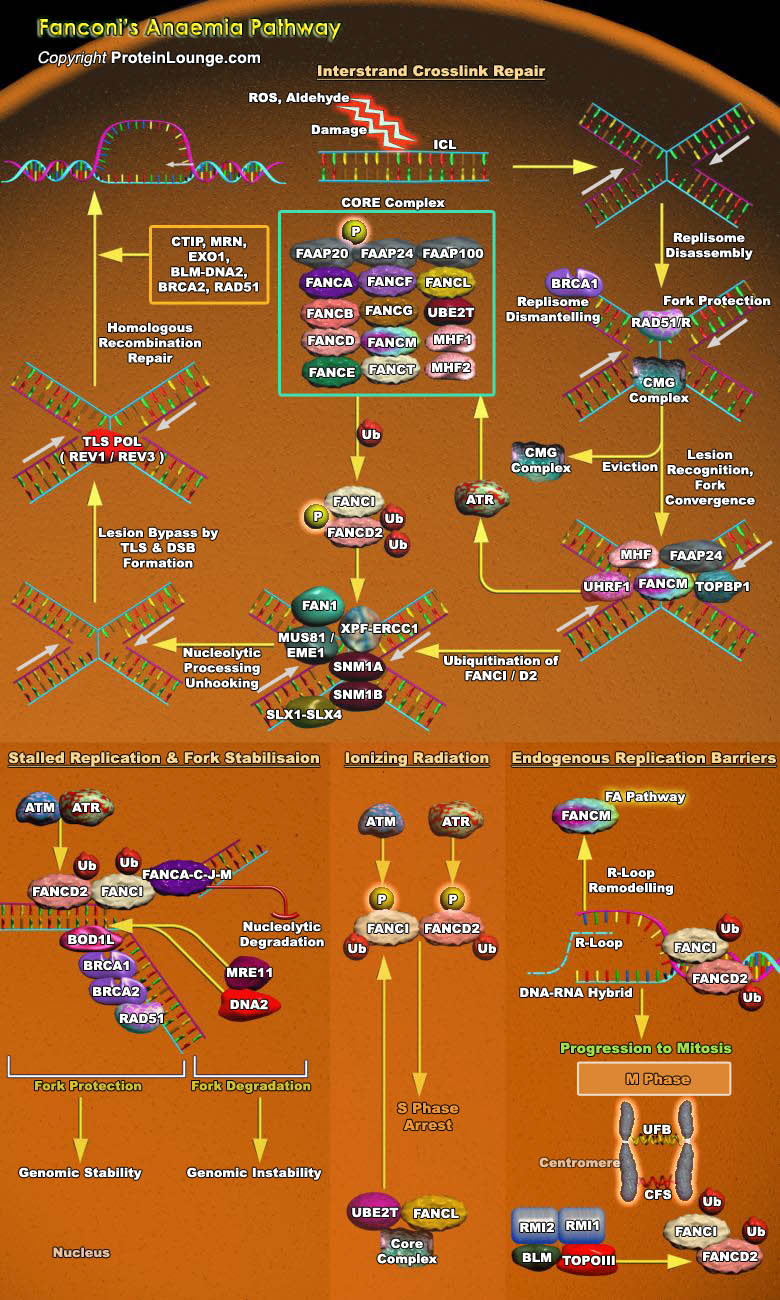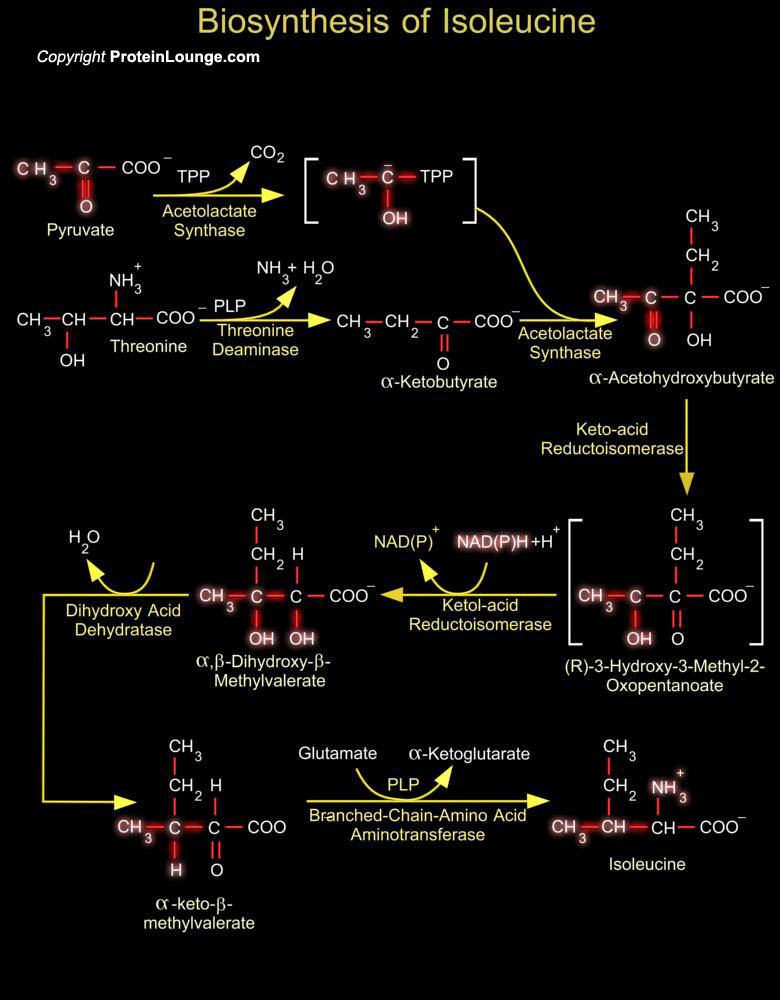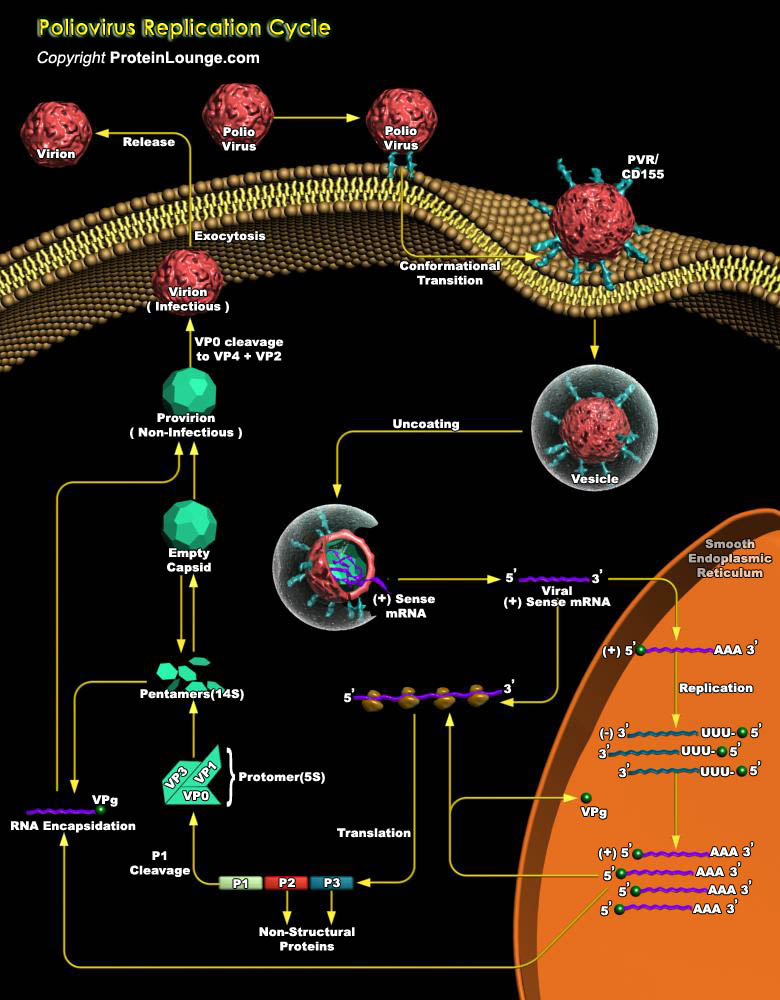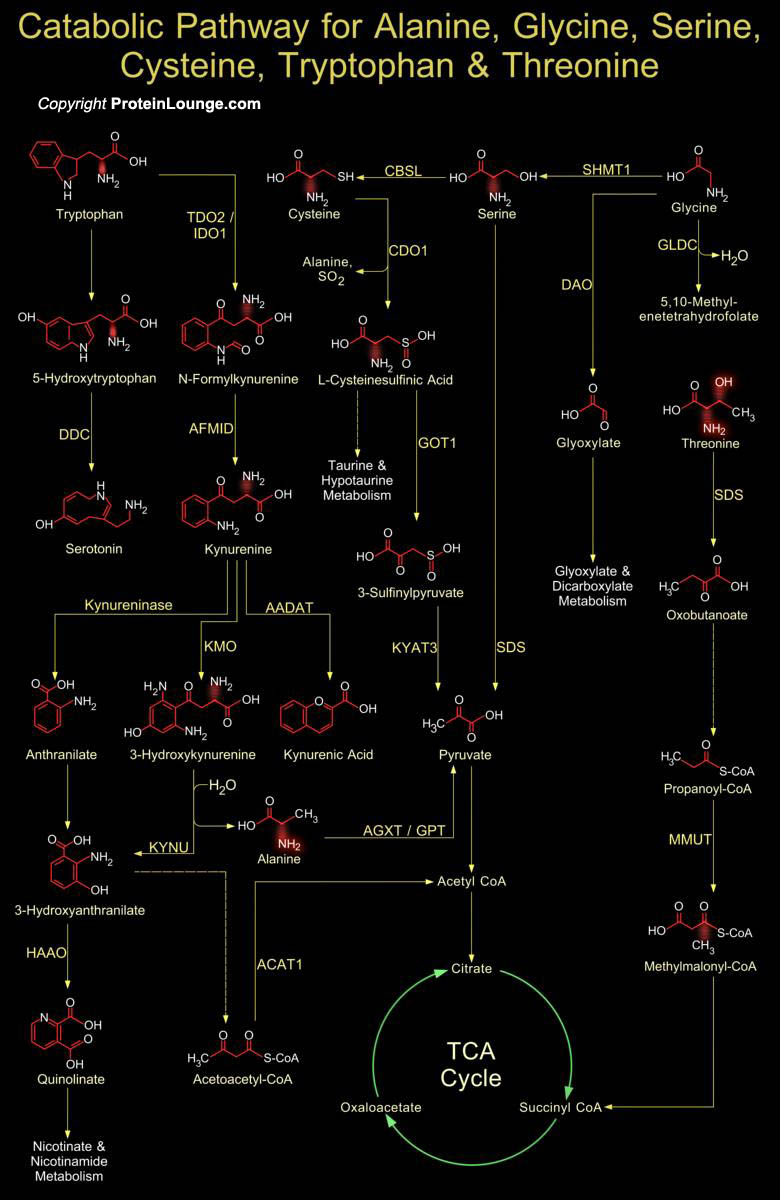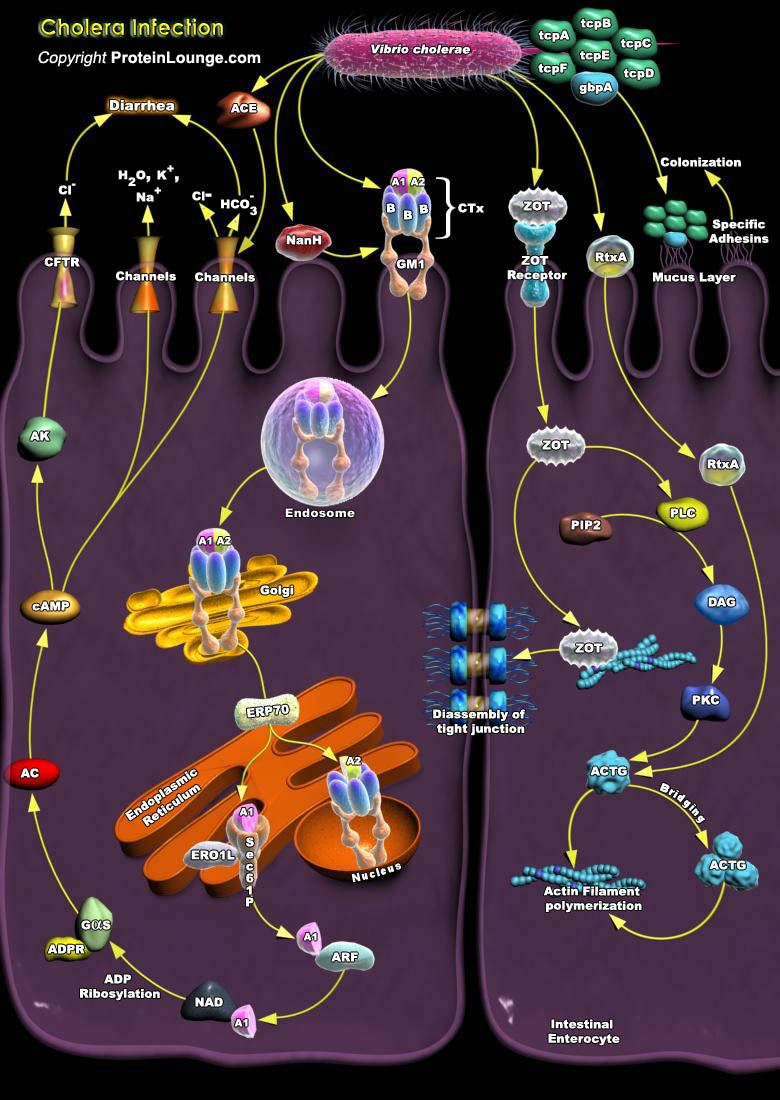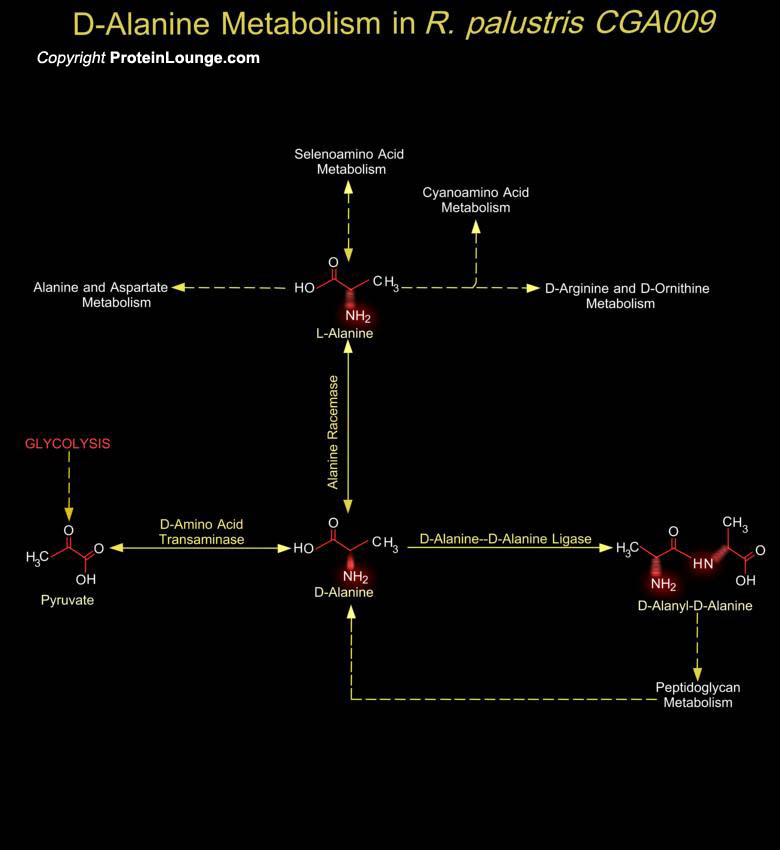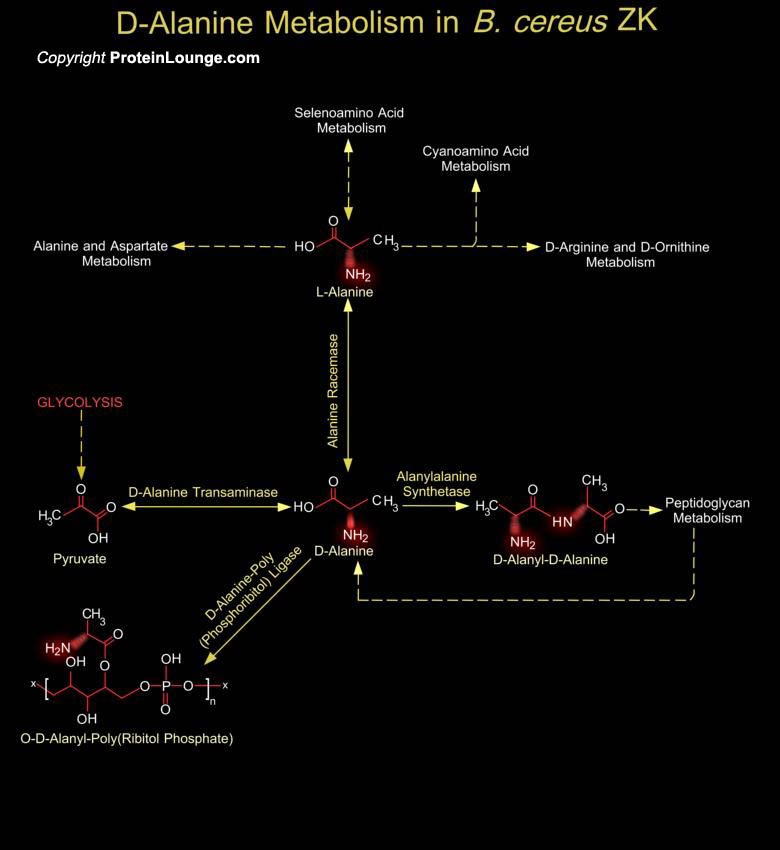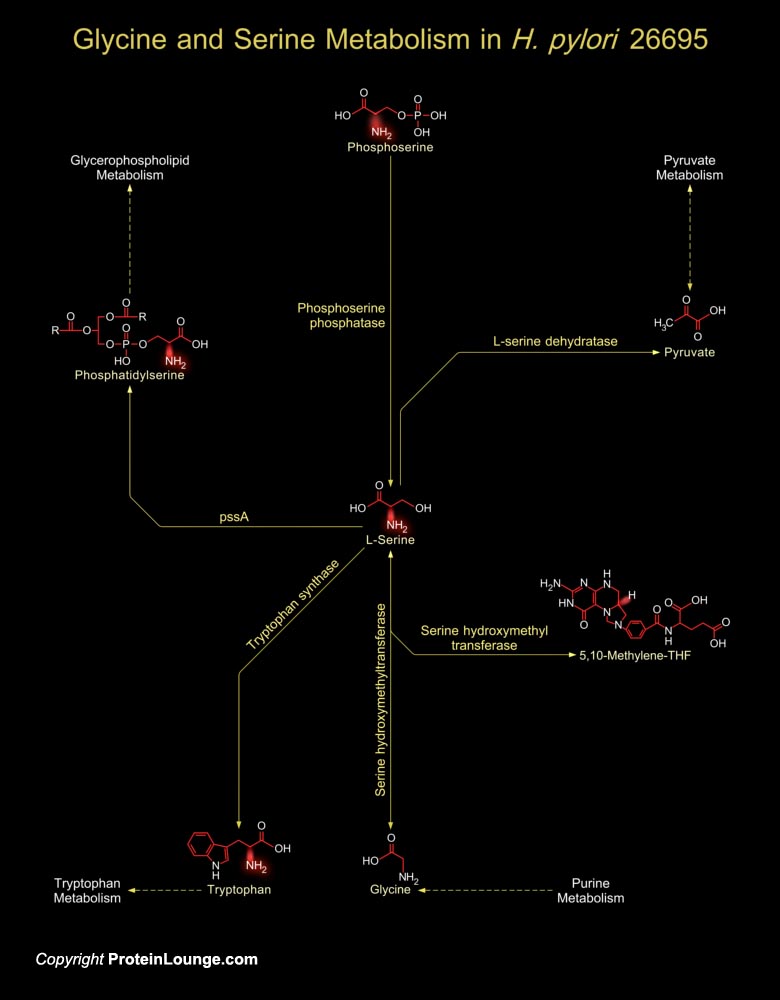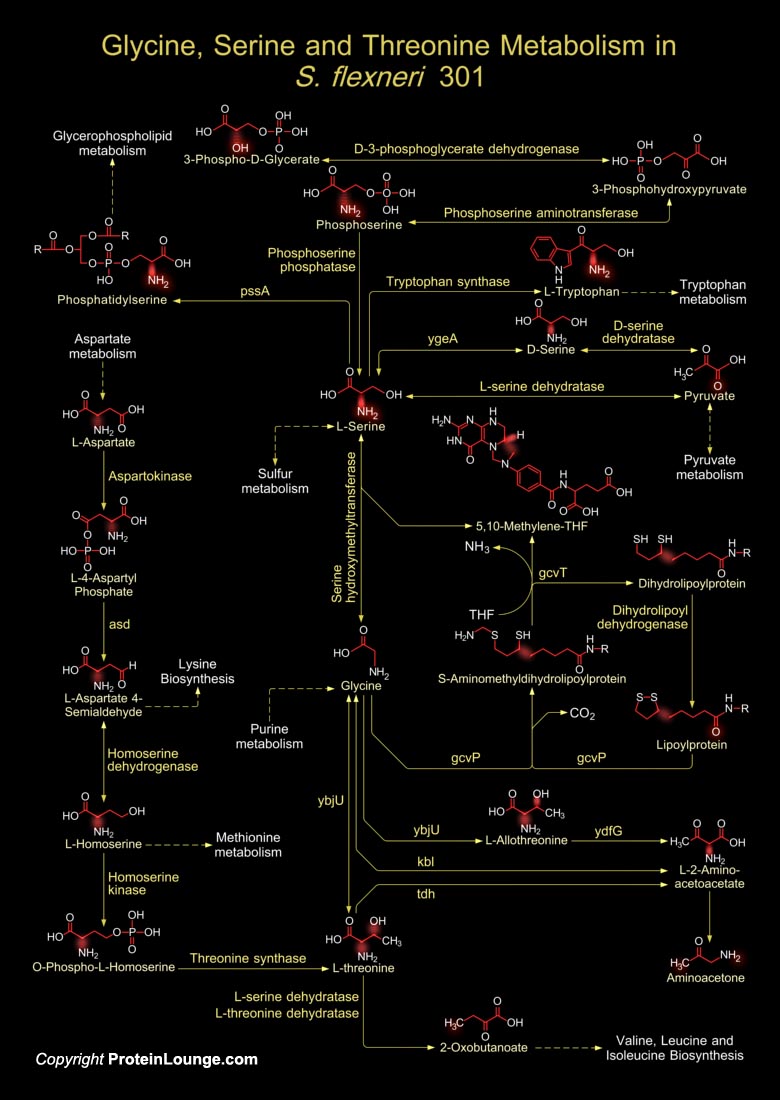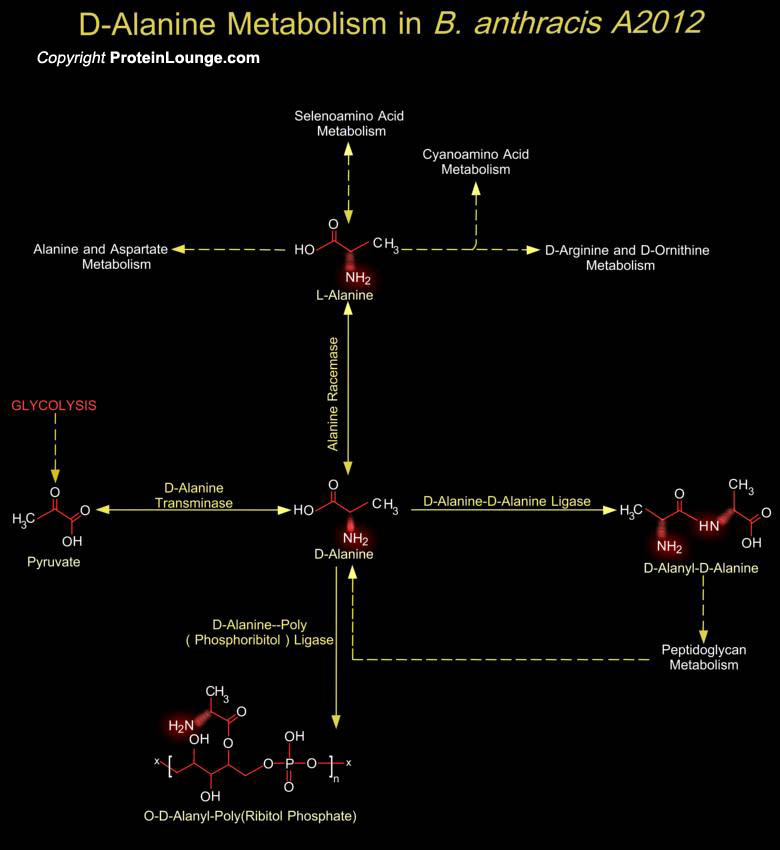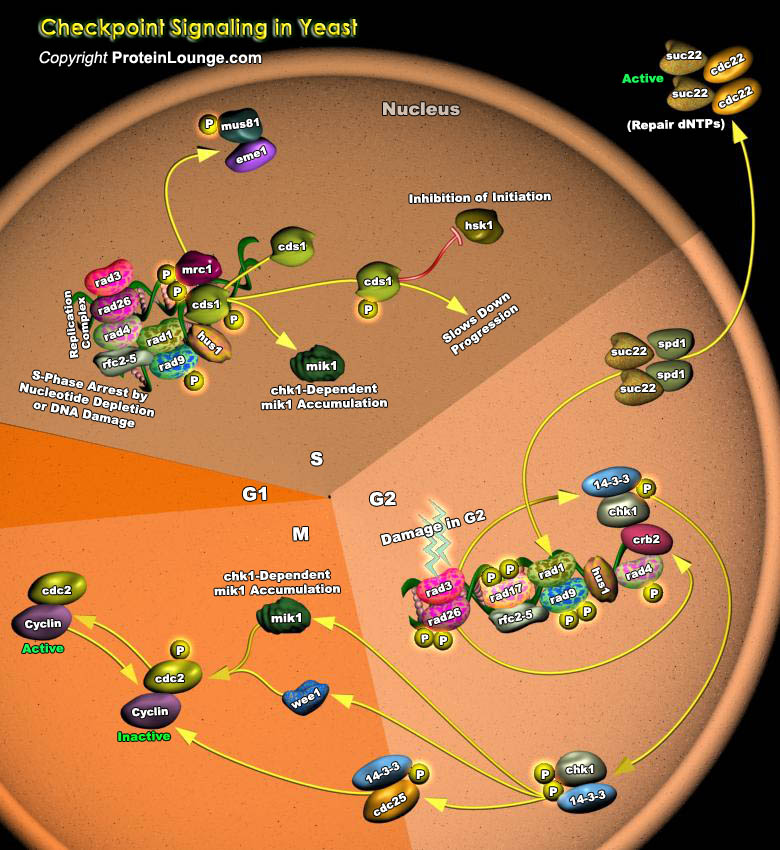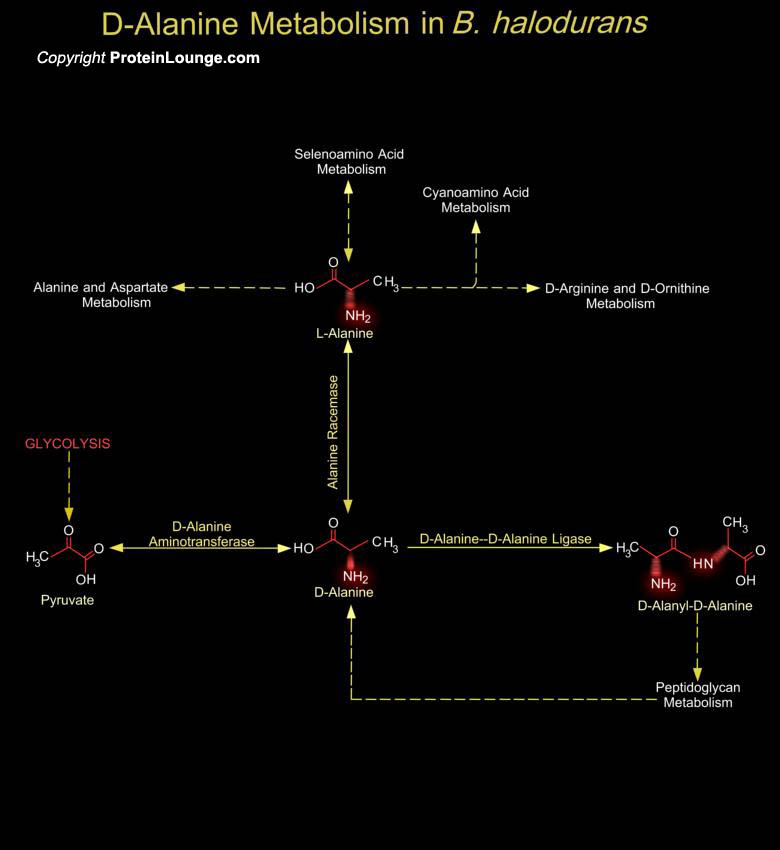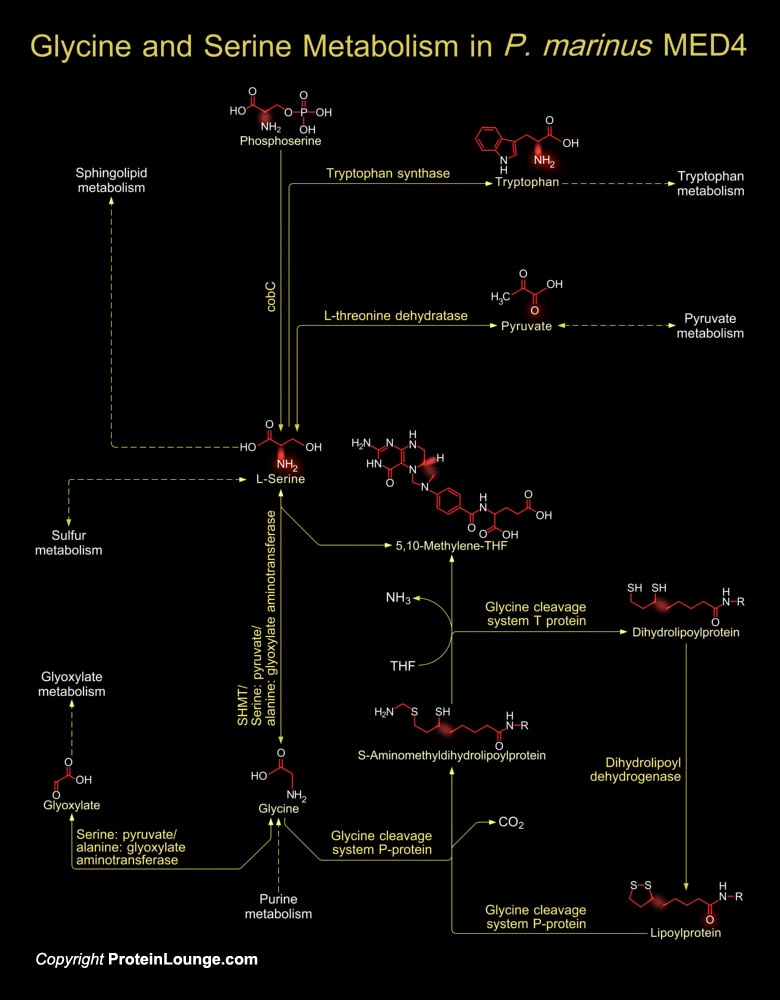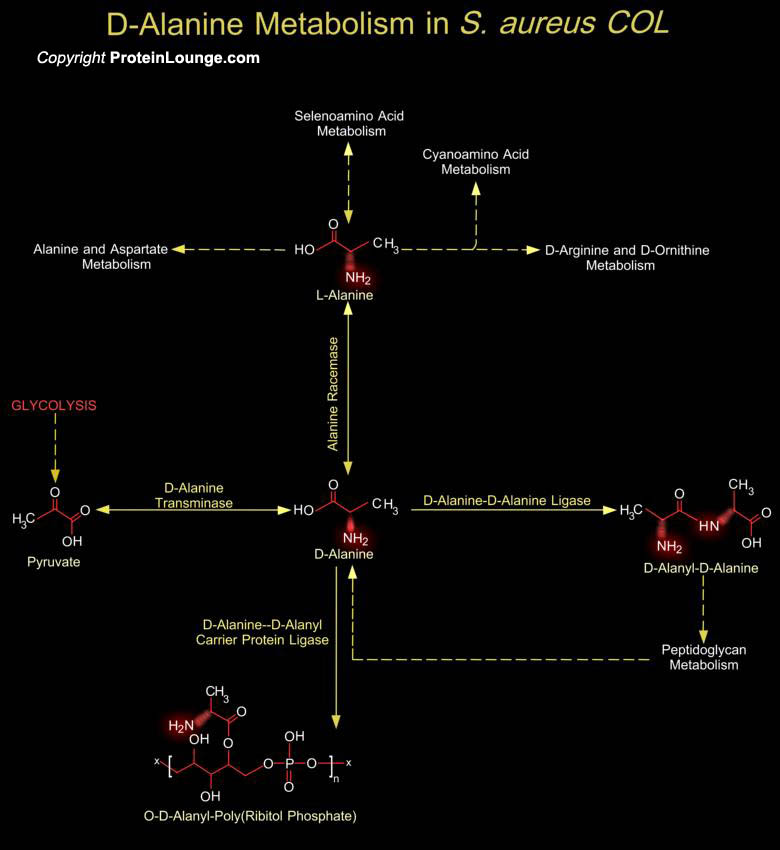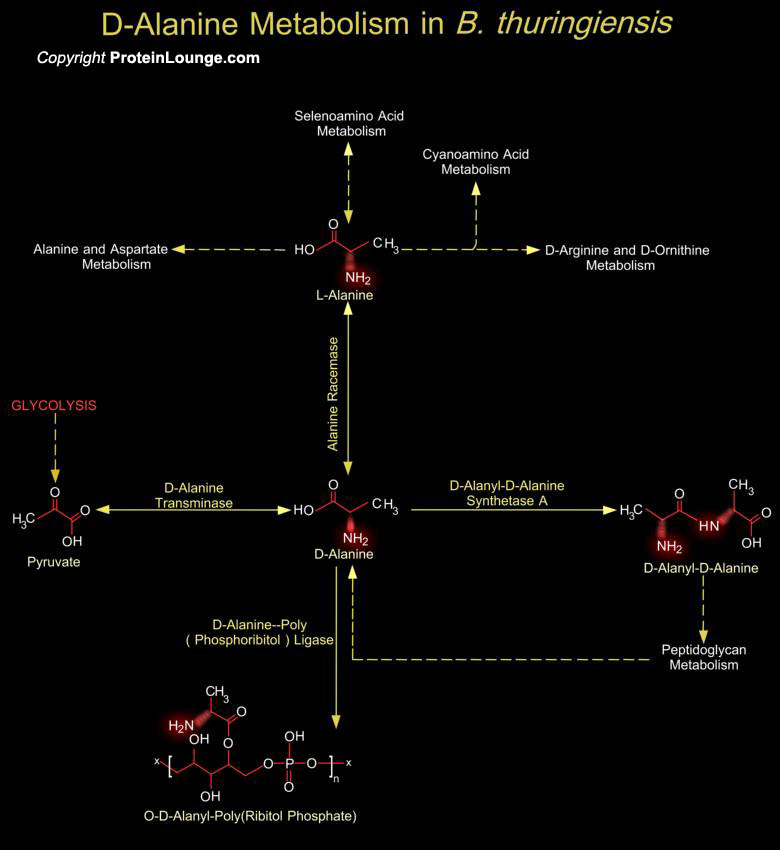Featured Pathways
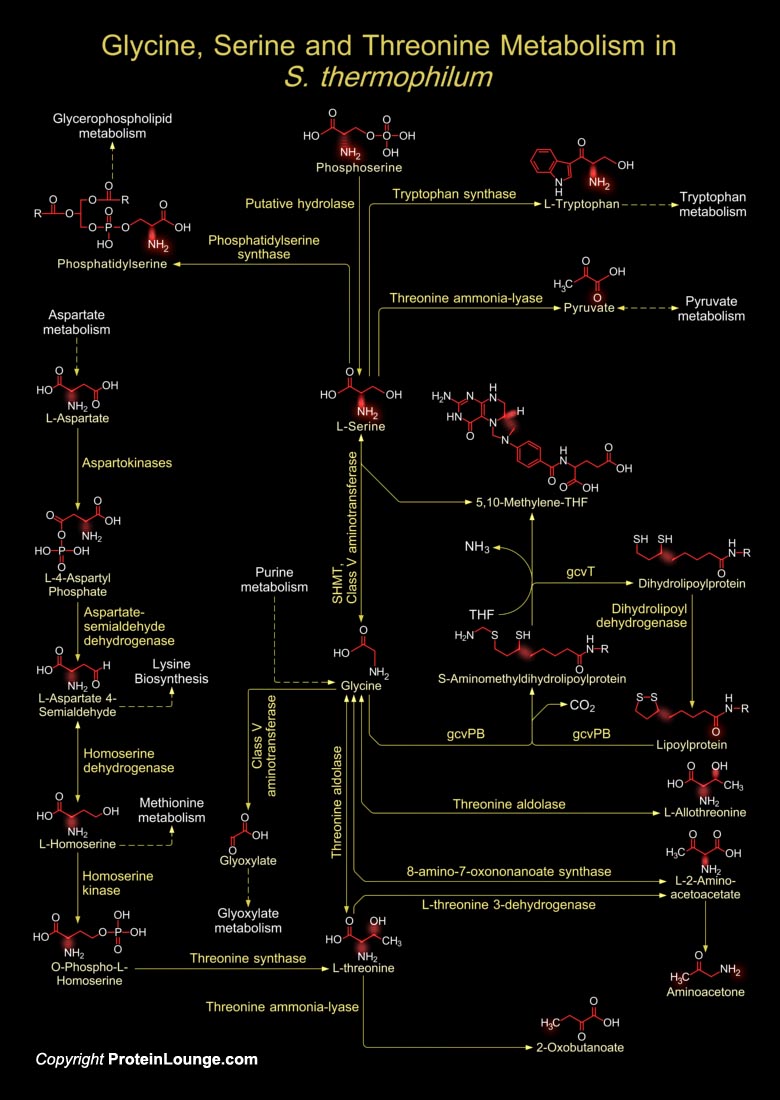
S. thermophilum (Symbiobacterium thermophilum) is a Tryptophanase-positive, Gram-negative, symbiotic thermophile, which shows normal growth only in co-culture with its supporting bacteria like Bacillus sp. under both aerobic and anaerobic conditions. S. thermophilum possesses the necessary enzymes required for the biosynthesis of all essential amino acids. The[..]
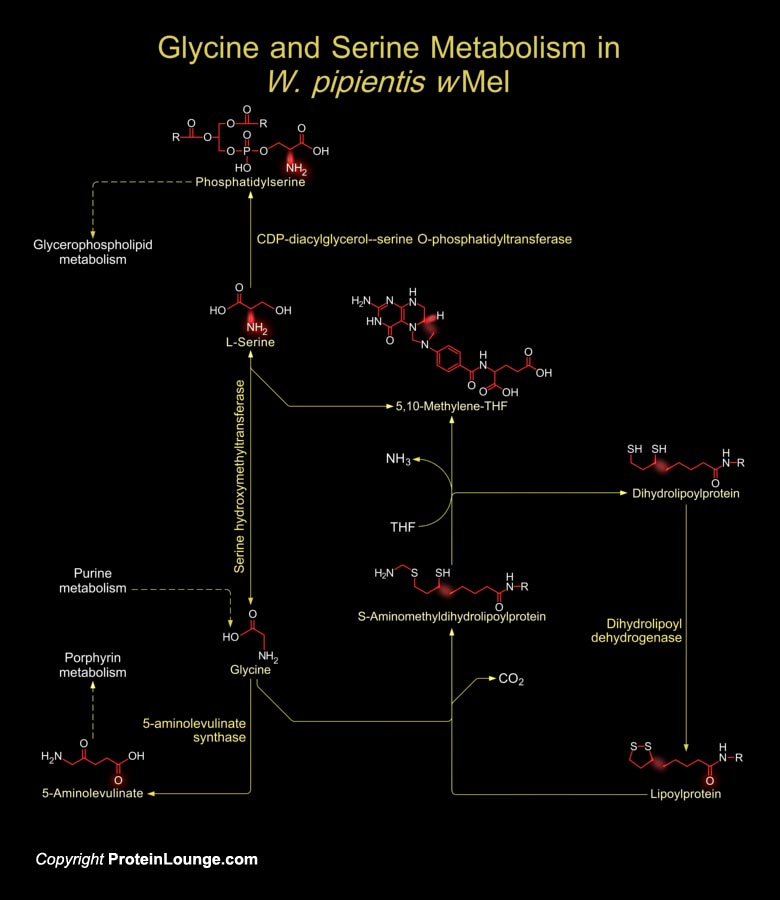
Wolbachia are intracellular Gram-negative bacteria found in association with a variety of invertebrate species, including Insects, Mites, Spiders, terrestrial Crustaceans, and Nematodes. Wolbachia are transovarialy transmitted from females to their offspring and are extremely widespread. Wolbachia sp. are members of the Rickettsiales order of the Alpha-subdivision of[..]
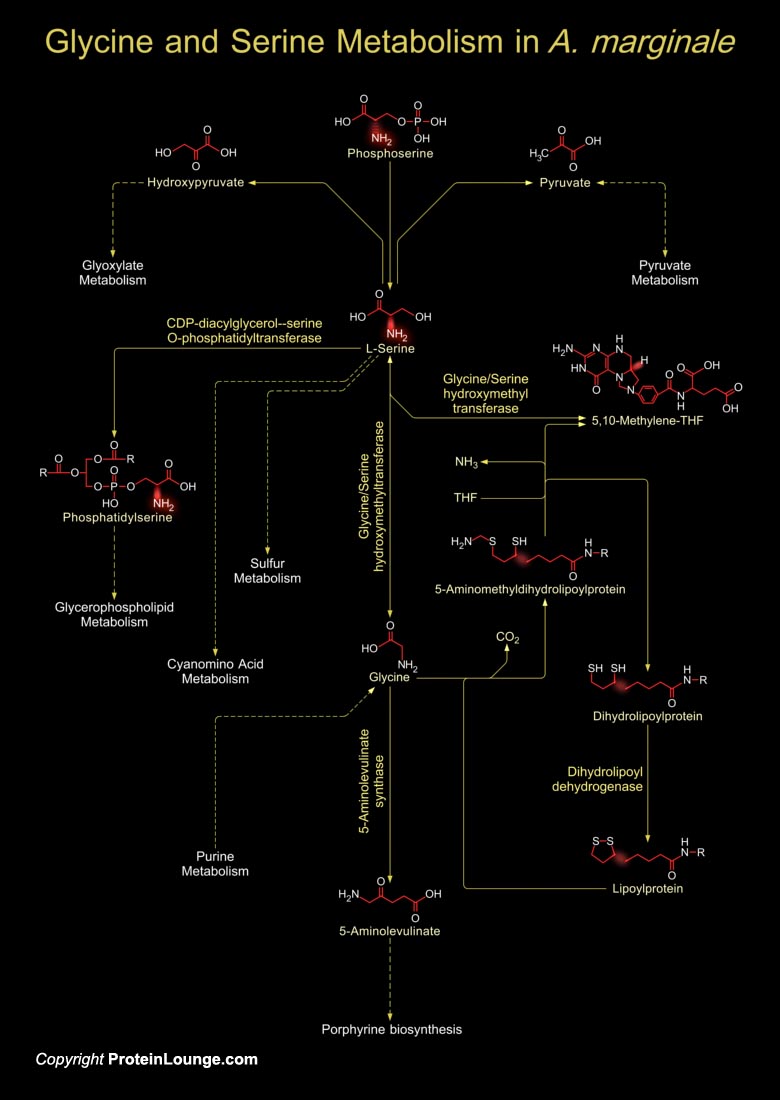
A. marginale (Anaplasma marginale) is an obligate intracellular Gram-negative bacterium. It is the most prevalent tick-borne pathogen of cattle worldwide and is endemic in tropical and subtropical regions of the world. A. marginale causes Anaplasmosis, an infectious blood disease which results in significant morbidity and mortality in[..]
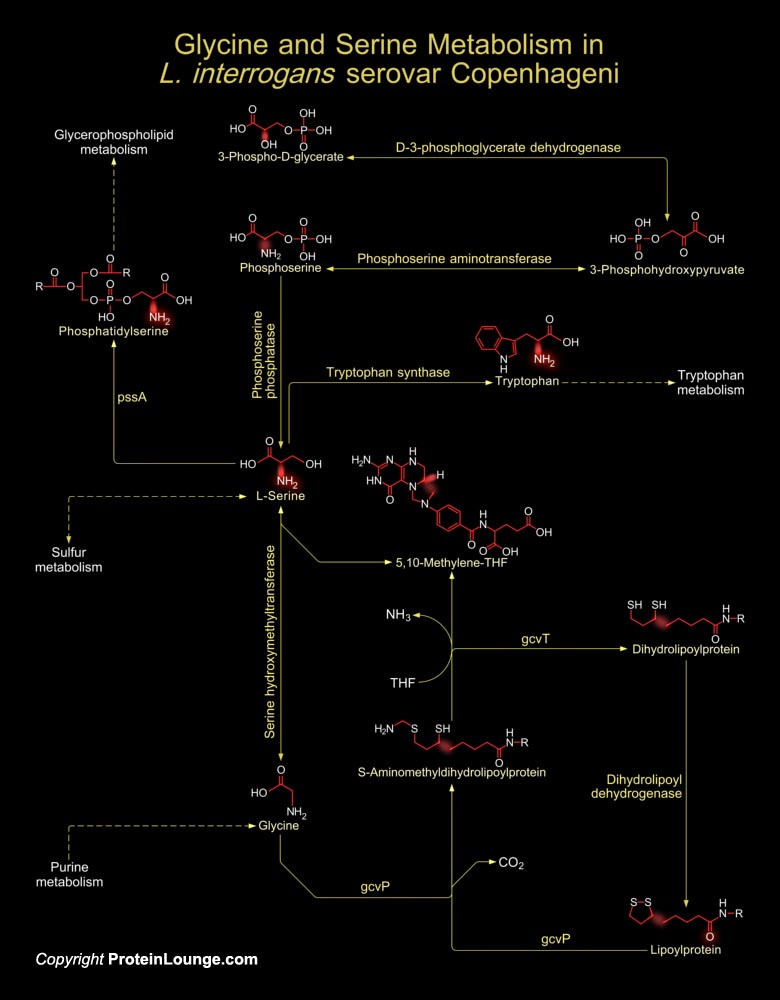
Leptospira is a genus of Spirochetal bacteria and the causative agent of Leptospirosis, a zoonotic disease of worldwide distribution and transmission to humans occurs through contact with domestic or wild animal reservoirs or an environment contaminated by their urine. Leptospira is a flexible, spiral-shaped, Gram-negative Spirochete with internal flagella.[..]
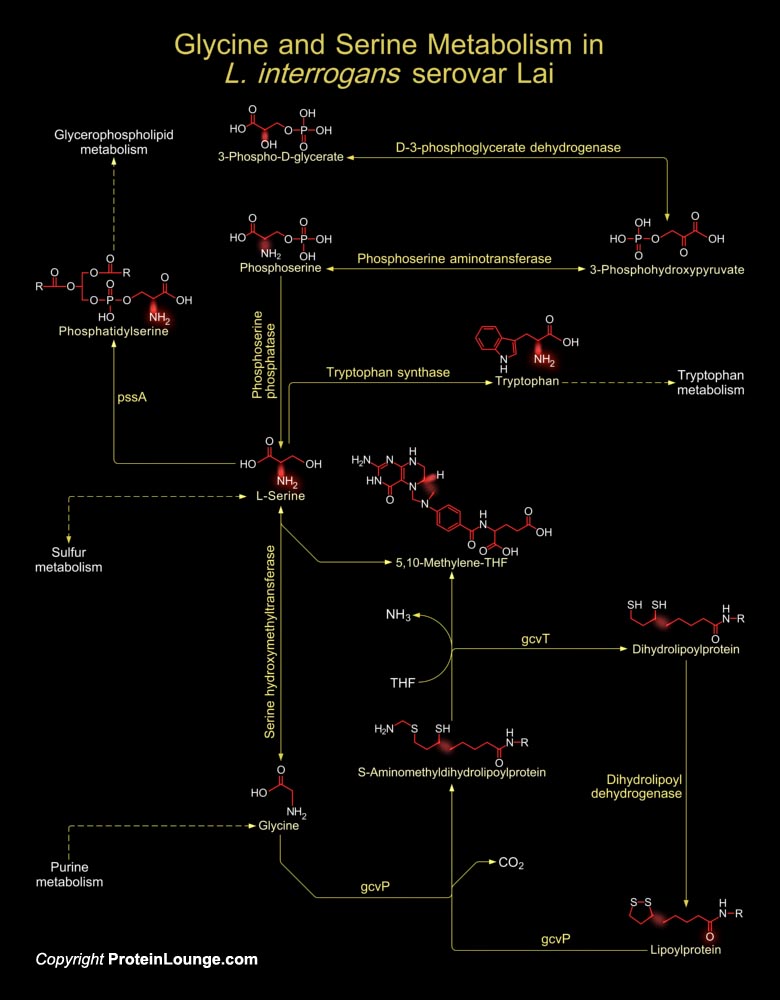
The genus Leptospira consists of a genetically heterogeneous group of pathogenic and saprophytic species belonging to the phylum Spirochaetales. It is the causative agent of Leptospirosis, a zoonotic disease of worldwide distribution and transmission to humans occurs through contact with domestic or wild animal reservoirs or an environment contaminated by their urine.[..]
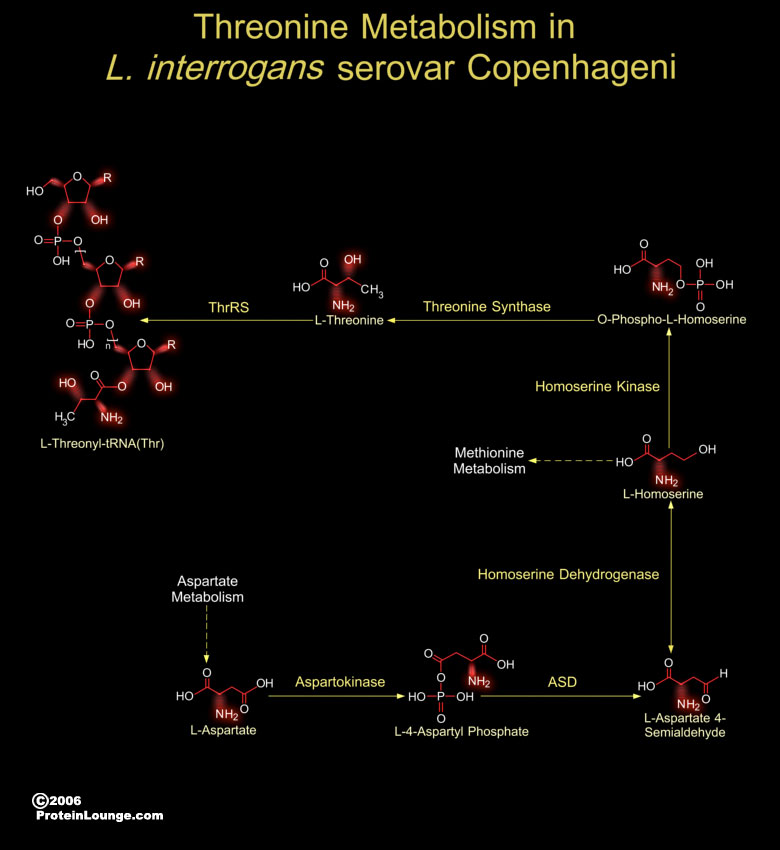
Leptospira is a genus of Spirochetal bacteria and the causative agent of Leptospirosis, a zoonotic disease of worldwide distribution and transmission to humans occurs through contact with domestic or wild animal reservoirs or an environment contaminated by their urine. Leptospira is a flexible, spiral-shaped, Gram-negative Spirochete with internal flagella. Leptospira[..]
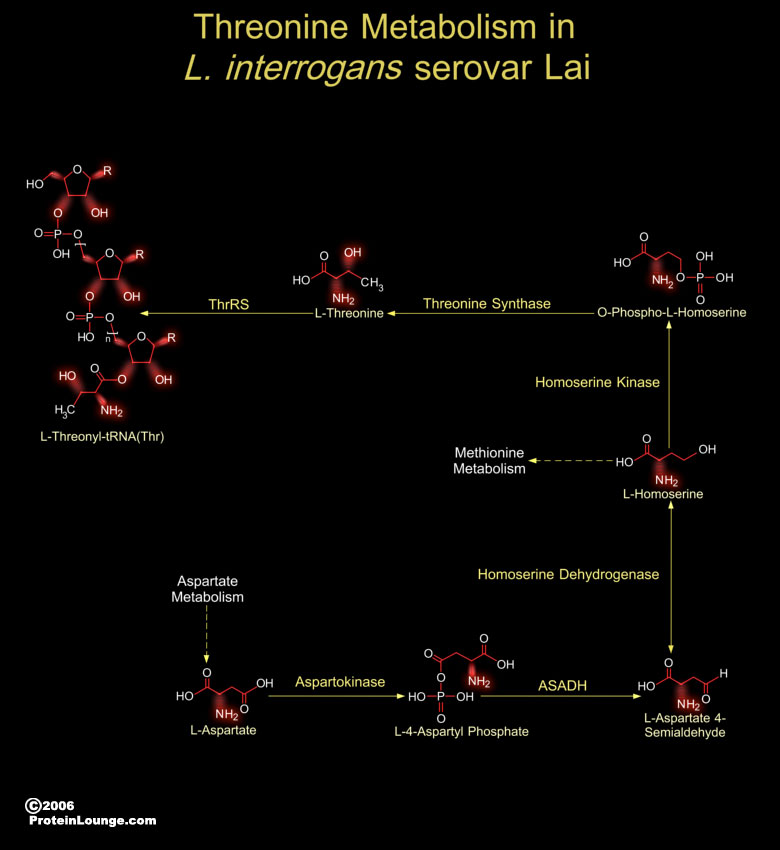
The genus Leptospira consists of a genetically heterogeneous group of pathogenic and saprophytic species belonging to the phylum Spirochaetales. It is the causative agent of Leptospirosis, a zoonotic disease of worldwide distribution and transmission to humans occurs through contact with domestic or wild animal reservoirs or an environment contaminated by their urine. Leptospira is a[..]
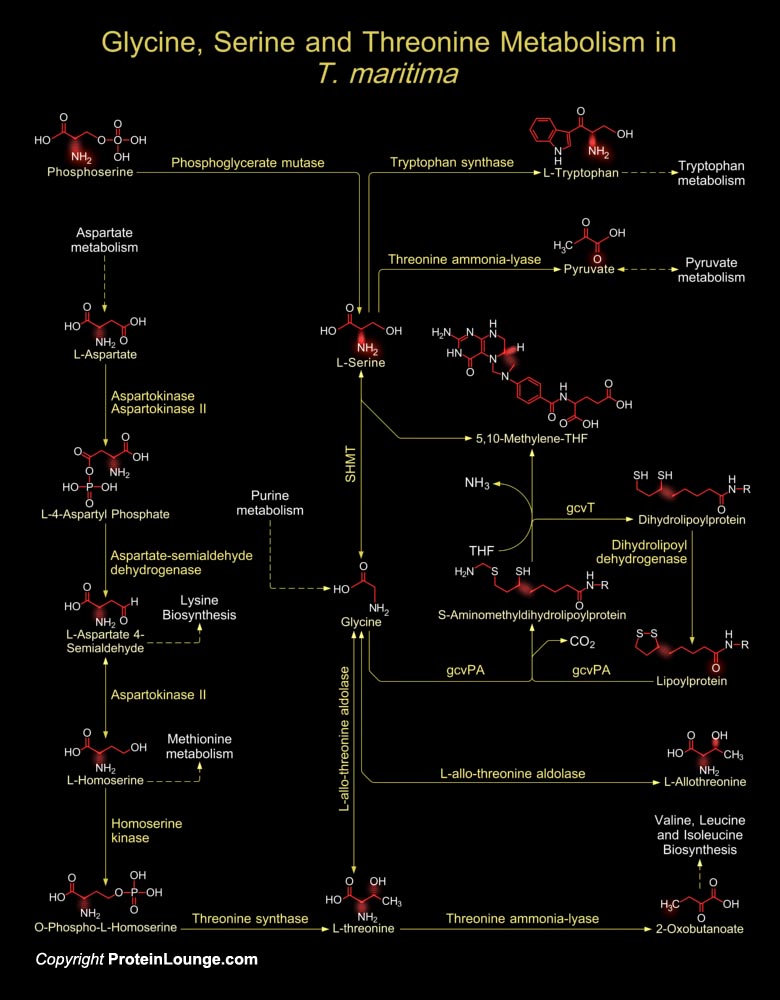
T. maritima (Thermotoga maritima), is an anerobic, Gram-negative, rod-shaped bacterium which usually grows singly or in pairs. The organism has an optimum growth temperature of 80 degrees centigrade. T. maritima metabolizes many simple and complex carbohydrates, keto-acids, etc. to fuels such as Hydrogen. The metabolism of amino acids like Glycine, Serine and[..]
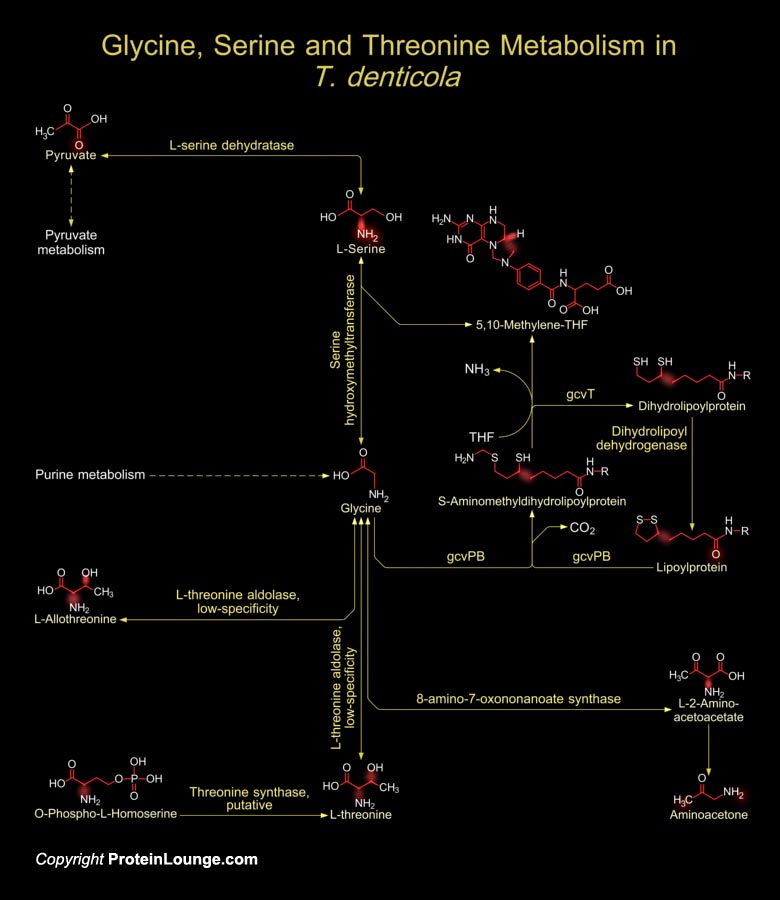
The Gram-negative oral spirochete T. denticola (Treponema denticola) is predominantly associated with the incidence and severity of human periodontal disease. T. denticola is an obligate anaerobe commonly associated with an inflammation of gum tissue that frequently precedes bone resorbtion and subsequent tooth loss of humans. T. denticola lacks a[..]
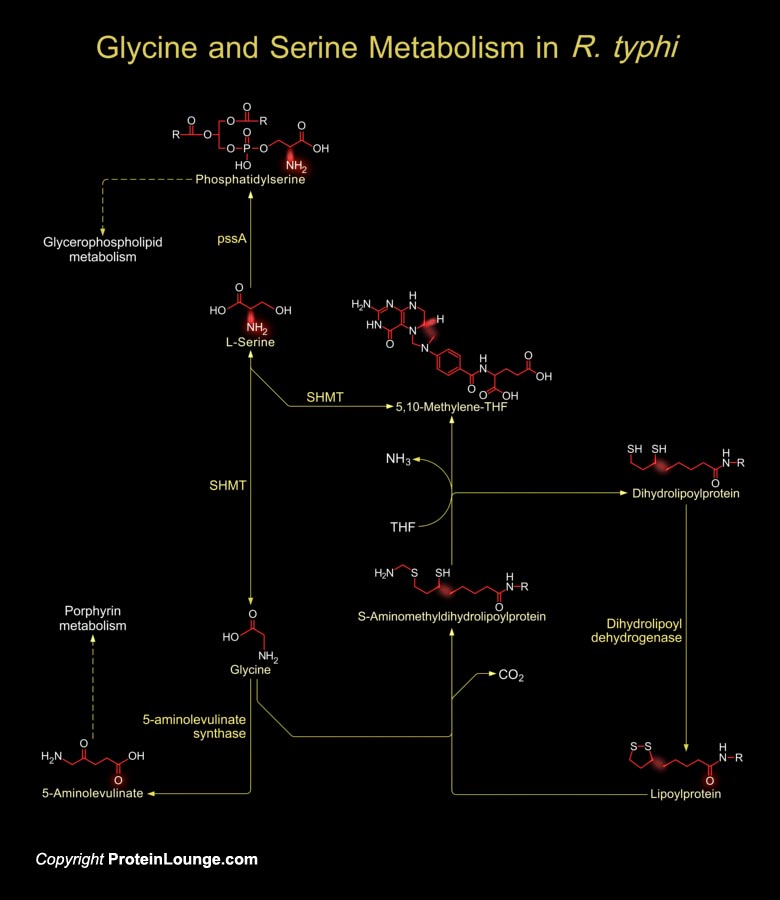
Rickettsial infections have played a significant role in the history of Western civilization through epidemic Typhus and Rickettsia used arthropod vector for the spread of Typhus fever. R. typhi (Rickettsia typhi) is a smaller in size than normal bacteria and obligately intracellular pathogen. However, they are true bacteria, small coccobacilli that are normally stained with[..]
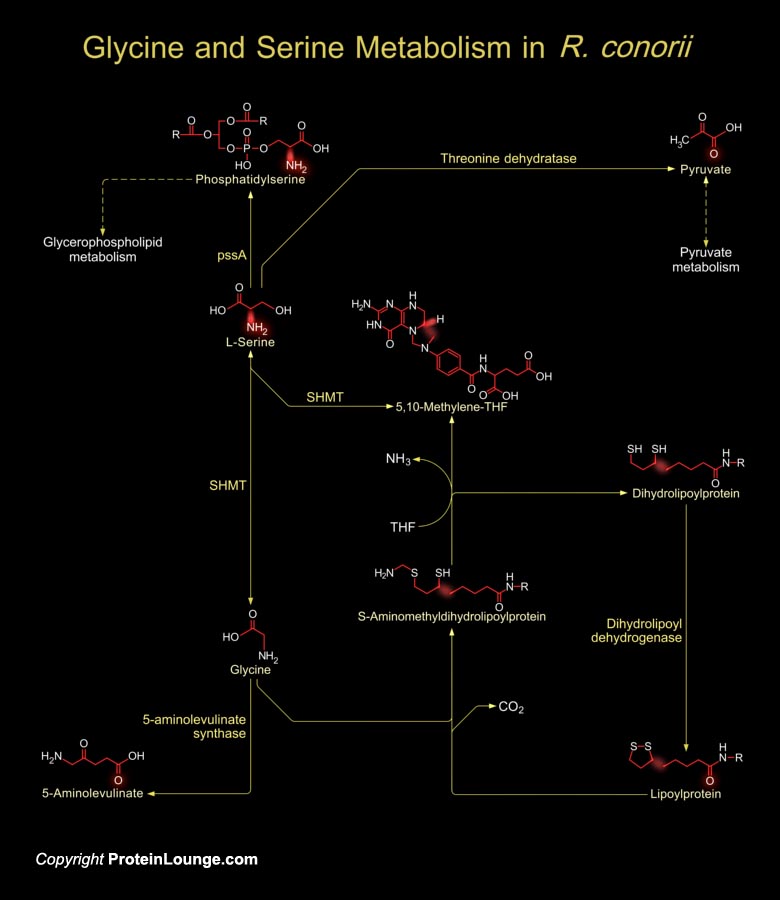
R. conorii (Rickettsia conorii) causes Mediterranean Spotted Fever in humans, which is transmitted by brown dog ticks. Rickettsia are obligate intracellular bacteria normally living in arthropod cells. Rickettsia are true bacteria, small coccobacilli that are normally stained with Giemsa and poorly by the Gram stain. Its cell wall morphology is that of a[..]
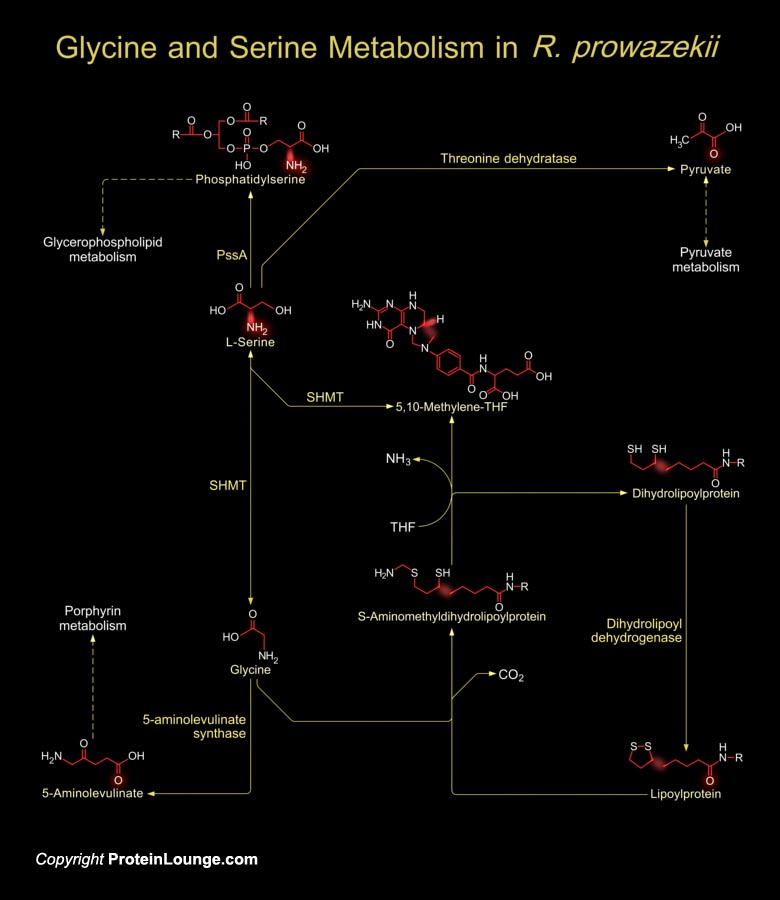
R. prowazekii (Rickettsia prowazekii) is smaller in size than normal bacteria and is an obligately intracellular pathogen that use arthropod vector for the spread of epidemic Typhus fever. However, they are true bacteria, small coccobacilli that are normally stained with Giemsa and poorly by the Gram stain. Its cell wall morphology is that of a Gram-negative bacillus (Ref.1).[..]


